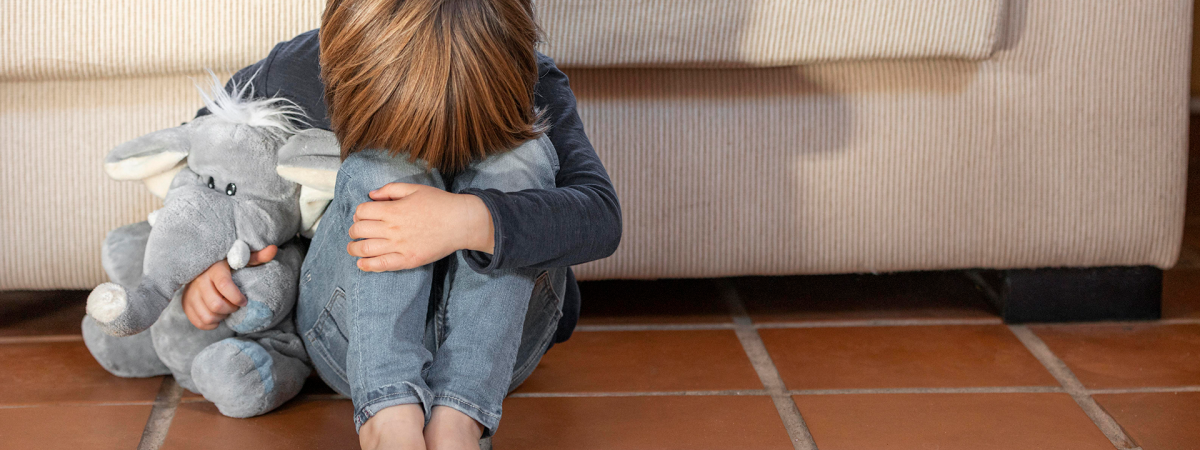At the time of writing, there are 2.3 billion children in a global population of 8,045,311,447 on the planet. How many of those children are being raised in high-control groups is unknown.
One of the reasons Stop Mandated Shunning is collecting mandated shunning stories and why a small group of researchers created a survey is because we want to document how and why children are denied their human rights daily.
The completion rate to the survey in just a week has been 77%. One researcher involved in creating the survey commented that this is an “amazing response rate to any survey.” Many people usually start a survey but not all complete it. This is corroborated by statistics provided by Typeform (the service we use to capture responses.) Typeforms have an average completion rate of 57%. So thank you!
What has become evident in the responses to the survey is the numerous people who were raised in high control and were mandated to shun grandparents, other family members and friends.
The survey and the stories being sent to Stop Mandated Shunning show an interference in family life. What is clear is adults and children are having their human rights violated daily by high-control groups, particularly religious groups.
For example, one young person who is being shunned writes: “I miss my little sister, who was my best friend during times when I had none. I miss my little brother, whom I had watched and cared for since he was four years old. I miss my mom. I’m 24 now, but I still need her.”
Denial of human rights happens not just to the person who may have left the group and is experiencing mandated shunning; it is also the children who continue to be raised who are denied their right to undisturbed contact with family members.
The United Nations, via The Universal Declaration of Human Rights, has proclaimed that childhood is when the child is entitled to special care and assistance.
Further, the Declaration of the Rights of the Child states: “The child, by reason of his physical and mental immaturity, needs special safeguards and care, including appropriate legal protection, before as well as after birth.”
It notes the child should be allowed the “full and harmonious development of his or her personality” while growing up” in a family environment, in an atmosphere of happiness, love and understanding.” This is because the family is considered by the UN the “fundamental group of society.” As such, it is the “natural environment for the growth and wellbeing of all its members and particularly children.”
Children raised in high-control groups are not being afforded this dignity.
One survey response noted, “I was told to shun my birth mother when I was a child.”
Another replied to the question, “‘Have you ever been forced to shun someone?” as follows: “Yes, aunt and uncle. Was taught they were terrible people from when I was a child.”
Another respondee said, “My mother died before I could say goodbye. I had sent her a card 4 weeks before in which I told her that I loved her. She never replied. The shunning has had a huge impact on my emotional wellbeing.”
What the evidence is beginning to show is that young people are particularly vulnerable. Being raised in such an environment has created untold dislocation and often mental health issues in adulthood. People have even taken their own lives because of the impact of being shunned. More than one child has had their clothes put on the doorstep by their parents and told not to return. Losing all support and connection overnight, coupled with not being taught how to function in society by caring parents, is a type of bullying. This is compounded by 3rd and 4th generational abuse. Young people often marry at an early age and raise children within the same toxic environment and culture.
Families operating mandated shunning are also detrimental to society overall. Such actions blatantly breach a child’s ability to be “fully prepared to live an individual life in society.” Mandated shunning denies children the right to be brought up in the ideals proclaimed in the Charter of the United Nations, particularly in the spirit of peace, dignity, tolerance, freedom, equality and solidarity.
Were you raised in high control? Were you required to shun family members? Are you being shunned? Please, tell your story.
Note: Particular care for the child has been highlighted in the Geneva Declaration of the Rights of the Child 1924, in the Declaration of the Rights of the Child adopted by the General Assembly on 20 November 1959 and in the Universal Declaration of Human Rights, in the International Covenant on Civil and Political Rights (in particular in articles 23 and 24), in the International Covenant on Economic, Social and Cultural Rights (in particular in article 10), and in the statutes and relevant instruments of specialized agencies and international organizations concerned with the welfare of children.

